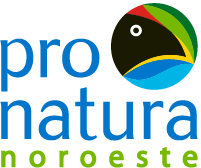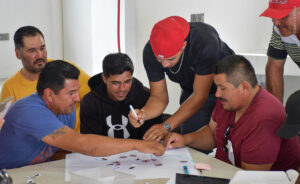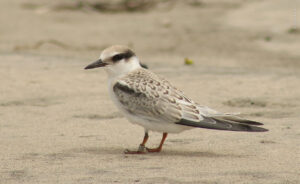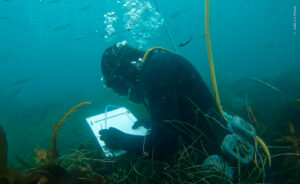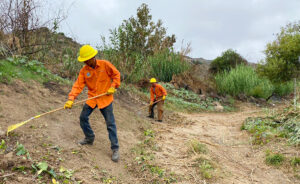Bahía de los Ángeles is one of the most impressive places in the Gulf of Cortez. Among its abundant biodiversity are threatened species that are fishery resources in high demand for the gastronomic industry, such as the octopus. This puts us in a predicament for the conservation of this species and the strengthening of the legal framework so that fishing practices are done sustainably.
Thus the importance of the measures announced by the Mexican federal government on February 15, 2022 through the Fishery Management Plan for the Octopus of the East Coast of Baja California to establish the sustainable fishery for two vulnerable species of this magnificent animal in the Gulf of Cortez. These two species are Verill’s two-spot octopus (Octopus bimaculatus) and Hubb’s octopus (Octopus hubbsorum), both typical of Bahía de los Ángeles and other areas of the gulf.
At Pronatura Noroeste we celebrate the publication of this important conservation document, since for years we have shared this urgent need with the population of Bahía de los Ángeles, El Barril, and other towns, which expressed this concern and finally managed to make local interest transcend regional, national, and international levels. In addition to the protection of the two species of octopus, the plan advances social participation and vigilance for the ecosystem, since the Management Plan includes linking the fishermen of the area with government agencies, through of the National Institute of Fisheries and Aquaculture (INAPESCA), as well as the state government, educational and research institutions, and, of course, civil society organizations, including Pronatura Noroeste.
This publication in the Official Gazette of the Federation is an historic achievement to promote fisheries management in Baja California, in Northwest Mexico, and throughout the country.
The provisions of the Management Plan include actions aimed at maintaining octopus populations at sustainable productivity levels and avoiding overexploitation of these species and damage to the ecosystem, while supporting the conservation of economic benefits for fishermen.
It should be noted that it is estimated that more than 80% of the octopus production in Baja California is extracted from the Bahía de Los Ángeles Biosphere Reserve, Ballenas and Salsipuedes Channels, and the San Lorenzo Archipelago National Park, which are protected areas. Conservation activities receive support from bodies such as the National Commission for Natural Protected Areas and from our Pronatura Noroeste technical team. The impact on the population of the area is unquestionable since octopus fishing represents between 60% and up to 100% of the economic income for more than 200 families.
Once this document has been published, it is up to the National Commission for Fisheries and Aquaculture (CONAPESCA) to ensure its implementation, monitoring, and evaluation. For this, the installation of a Fishery Management Committee that involves the communities and promotes the three-year action of the Management Plan is included.
We invite you to participate and collaborate directly in this conservation activity for the Bahía de los Ángeles octopus. pla
